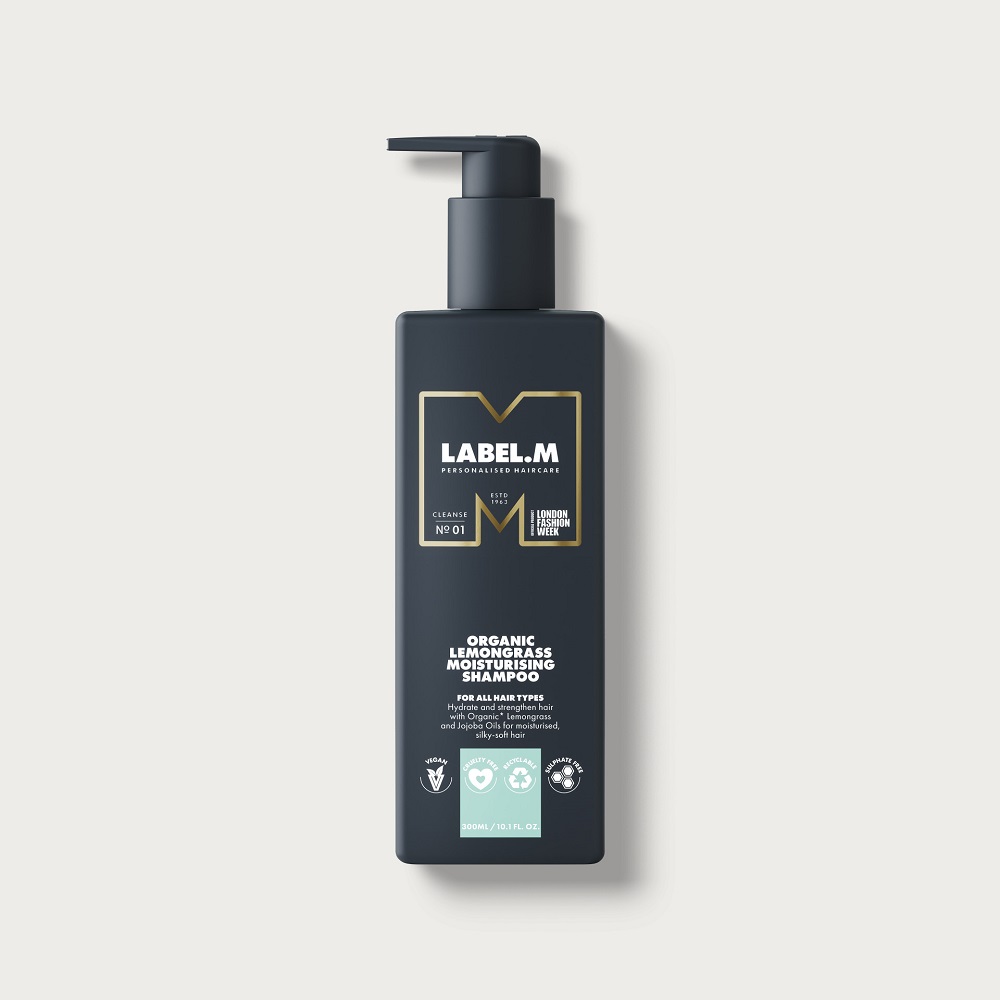Introduction: The Shift Towards Organic Beauty
Understanding Organic Beauty Products
In recent years, the beauty industry has undergone a significant transformation, culminating in a growing demand for organic and eco-friendly products. This shift stems from a collective awareness of the potential risks associated with synthetic ingredients and an increased desire for sustainable living. Organic shampoos are at the forefront of this movement, offering consumers cleaner alternatives made from natural ingredients. They not only cater to personal well-being but also promote environmental sustainability.
The Importance of Choosing Organic Shampoos
Organic shampoos are formulated with ingredients that are free from synthetic fertilizers, pesticides, and chemicals. By choosing organic options, consumers are not only benefiting their hair and scalp health but also contributing to broader ecological practices. The journey toward sustainable beauty starts with understanding the benefits and implications of the products we use, particularly organic shampoos.
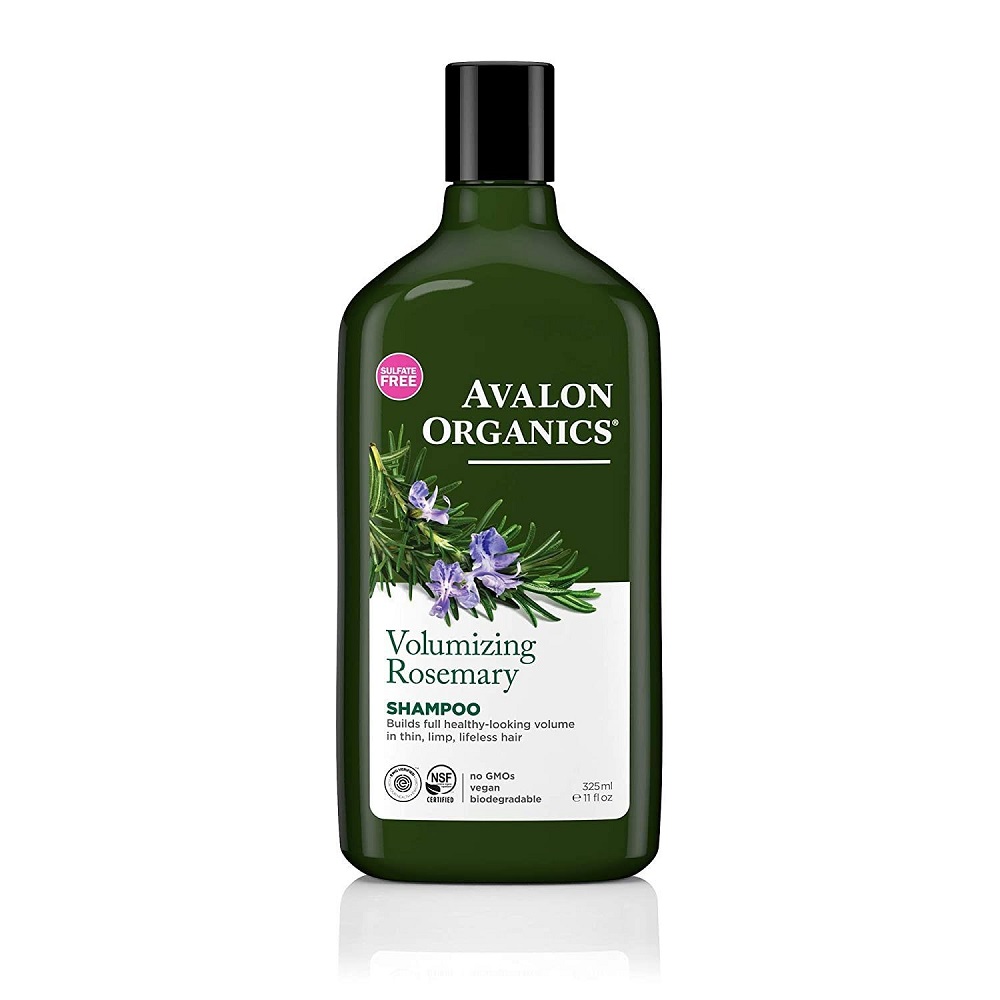
Benefits of Organic Shampoos
1. Healthier Hair and Scalp
Natural Ingredients
At the core of organic shampoos is their commitment to using natural ingredients that nurture and protect your hair and scalp. Common ingredients found in organic shampoos include:
- Aloe Vera: Known for its soothing properties, aloe vera can help hydrate the scalp and reduce irritation, leaving hair moisturized and healthy.
- Coconut Oil: Widely praised for its conditioning effects, coconut oil penetrates the hair shaft to provide deep nourishment. It helps combat frizz and adds shine, making hair more manageable.
- Essential Oils: Many organic shampoos incorporate essential oils like lavender, tea tree, or rosemary, which not only leave a pleasant scent but also offer scalp-calming properties and can even promote hair growth.
Avoiding Harmful Chemicals
Traditional shampoos often contain parabens, sulfates, and synthetic fragrances that may damage hair in the long run. Parabens can disrupt hormonal balance, while sulfates can strip hair of its natural oils, leading to dryness and irritation. Organic shampoos, on the other hand, avoid these harmful substances, resulting in cleaner and healthier hair.
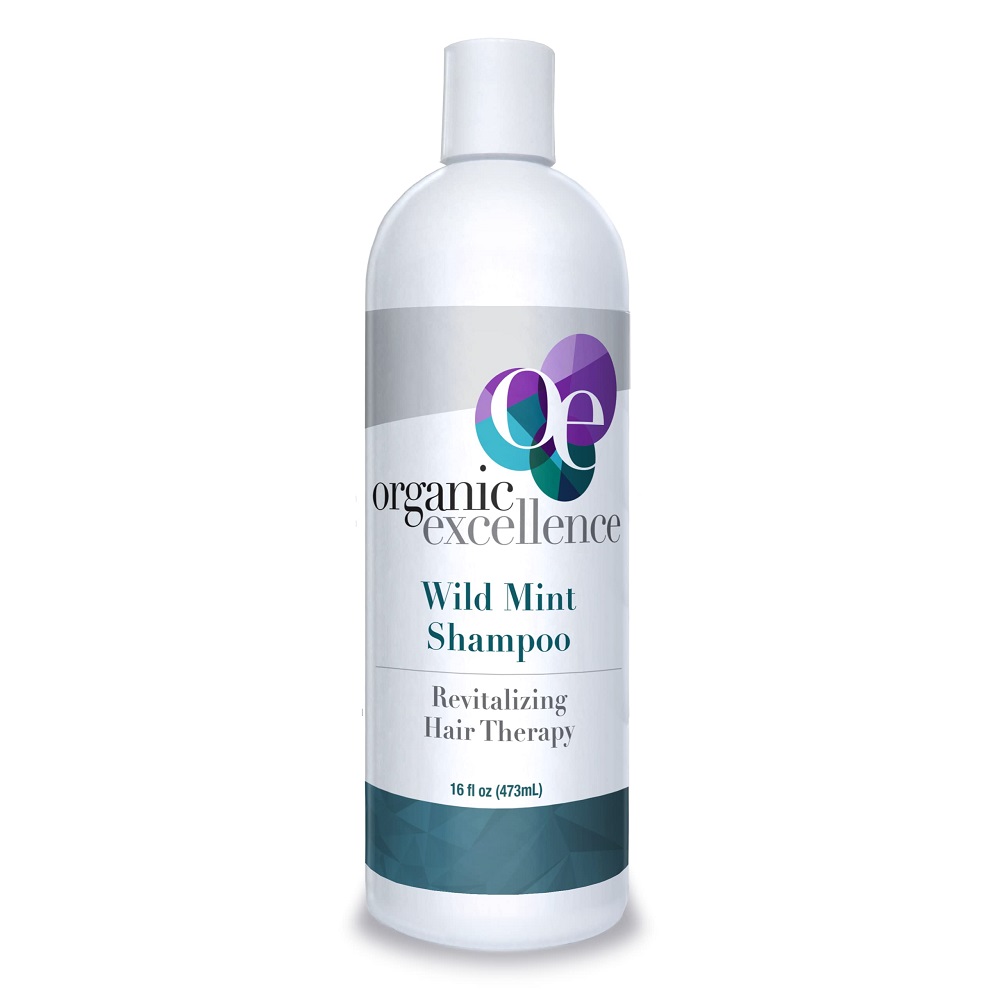
2. Eco-Friendly Choice
Sustainability in Production
Organic shampoos are not only beneficial for personal health; they also reflect a commitment to environmental sustainability. The ingredients are typically sourced from organic farming practices that prioritize the health of the ecosystem.
- Reduced Chemical Runoff: Organic farming avoids synthetic fertilizers and pesticides that can contaminate waterways and harm wildlife. By supporting organic products, consumers contribute to less pollution and a healthier planet.
- Biodegradable Ingredients: Many organic shampoos use biodegradable components, which break down more easily in the environment compared to synthetic alternatives. This encourages responsible waste disposal methods and reduces the burden on landfills.
3. Ethical Purchasing
Cruelty-Free Options
Many brands producing organic shampoos are also committed to ethical practices, including cruelty-free testing methods. This means that no animal testing is involved in the development and production of the products, aligning with the values of consumers who are conscious of animal welfare.
- Supporting Local Businesses: Choosing organic shampoos often means supporting smaller, local, or family-owned companies dedicated to sustainable practices. This fosters local economies and promotes environmentally responsible entrepreneurs.
- Transparency in Ingredients: Organic beauty brands often maintain a high level of transparency regarding their ingredient sourcing and manufacturing processes. Consumers can feel confident knowing exactly what they are applying to their hair and scalps.
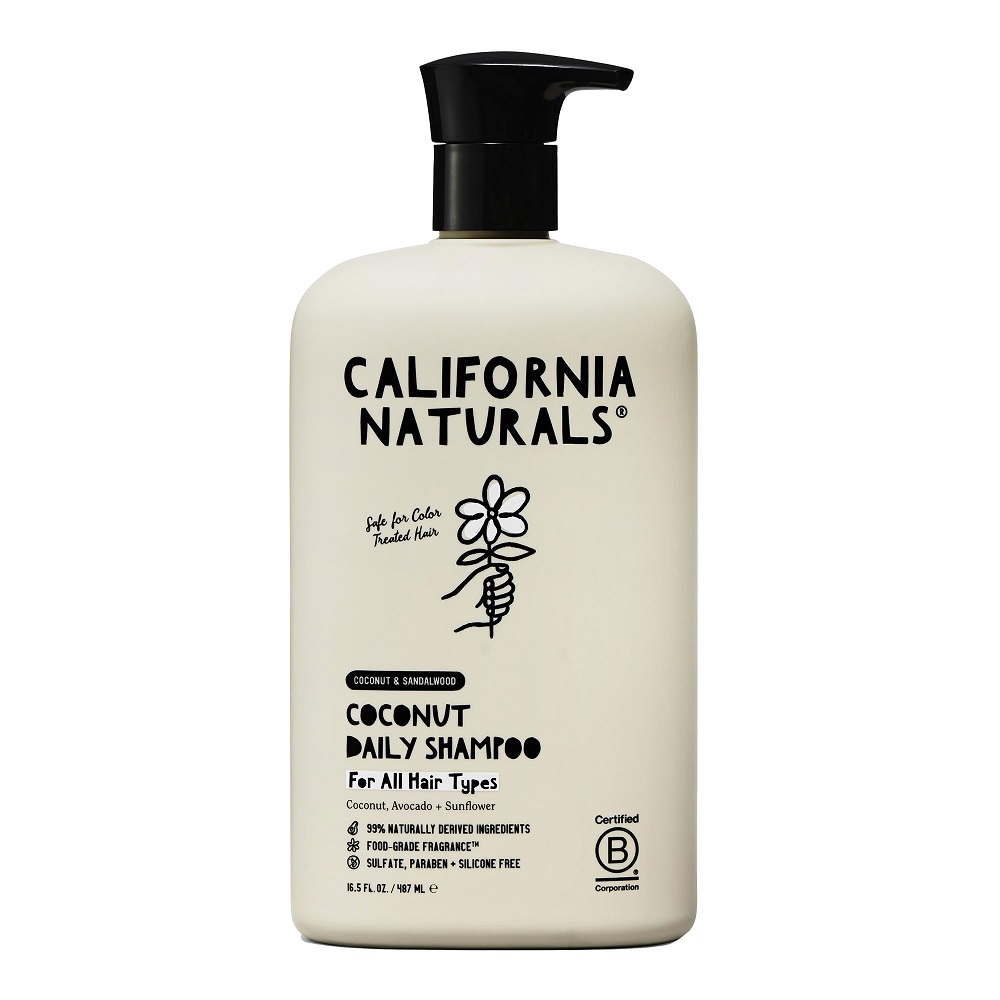
Choosing the Right Organic Shampoo
1. Know Your Hair Type
Tailoring Your Selection
Selecting the right organic shampoo begins with assessing your hair type and specific needs.
- Oily Hair: For oily hair types, look for shampoos with clarifying ingredients such as tea tree oil or lemon. These ingredients help control excess oil production and maintain a clean scalp.
- Dry or Damaged Hair: For those with dry or damaged hair, opt for rich and moisturizing formulas featuring ingredients like shea butter, argan oil, or herbal extracts. These provide deep hydration and conditioning effects.
- Color-Treated Hair: If you have color-treated hair, seek shampoos specifically formulated to protect color while being gentle on the hair shaft. Ingredients like chamomile or natural oils can help maintain vibrancy.
2. Reading Labels
Ingredient Awareness
Understanding what goes into your shampoo is crucial for making informed decisions.
- Focus on Certifications: Look for shampoos that have certifications indicating their organic status, such as USDA Organic or similar. These labels ensure that the product adheres to specific standards regarding ingredient sourcing and formulation.
- Avoiding Additives: Read ingredient labels carefully to avoid unwanted additives like sulfates, parabens, and artificial fragrances. Brands that pride themselves on being organic will often use simple, straightforward ingredient lists.
3. Sampling and Testing
Trial and Error
Finding the best organic shampoo for your hair may take some trial and error.
- Travel Sizes: Explore brands that offer travel-sized versions of their products. This can be an economical way to test different shampoos without committing to the full size.
- Reviews and Recommendations: Consider researching reviews from people with similar hair types or needs. Online communities can also provide valuable insights into which products yield the best results.

The Role of Conditioners
1. Importance of Conditioning
While organic shampoos cleanse hair, using a conditioner is essential for maintaining moisture and manageability. Conditioner complements the shampoo, working to rehydrate and protect the hair after washing.
2. Choosing the Right Conditioner
Just as with shampoos, selecting the right organic conditioner tailored to your hair type will enhance the results of your hair care routine.
- Hydrating Conditioners: For dry hair, look for deeply hydrating conditioners enriched with oils and butters. These products restore moisture and help smooth out frizz.
- Lightweight Formulas: If you have fine or oily hair, opt for lightweight conditioners to avoid weighing your hair down. Ingredients like aloe vera or lightweight oils can hydrate without excess heaviness.
Trends in Organic Hair Care
1. Clean Beauty Movement
The clean beauty movement has gained significant traction in recent years, merging the concepts of health and environmental responsibility. Many consumers are shifting their focus to products that promise to be free from harmful chemicals while being effective.
- Ingredient Transparency: Brands are increasingly disclosing their ingredient sources and production processes, allowing consumers to make more informed choices. This transparency builds trust and fosters a sense of community among like-minded individuals.
2. Customizable Hair Care
Personalization in beauty products is becoming a key trend, allowing consumers to choose formulations that cater specifically to their needs.
- Custom Blends: Some brands allow consumers to create custom shampoos based on their preferences, such as hair type, scent, and desired benefits. This hands-on approach to hair care adds a new dimension of personalization.
3. Eco-Friendly Packaging
Sustainable packaging is another trend present in the organic beauty industry. As environmental concerns rise, many brands are adopting eco-friendly practices in their packaging designs.
- Biodegradable Containers: The use of biodegradable and recyclable materials for shampoo bottles reduces plastic waste and lowers the carbon footprint associated with packaging.
- Refill Programs: Some companies offer refill programs where consumers can bring back empty containers for refills, eliminating the need for new packaging. This initiative encourages sustainable consumer behavior while promoting a circular economy.
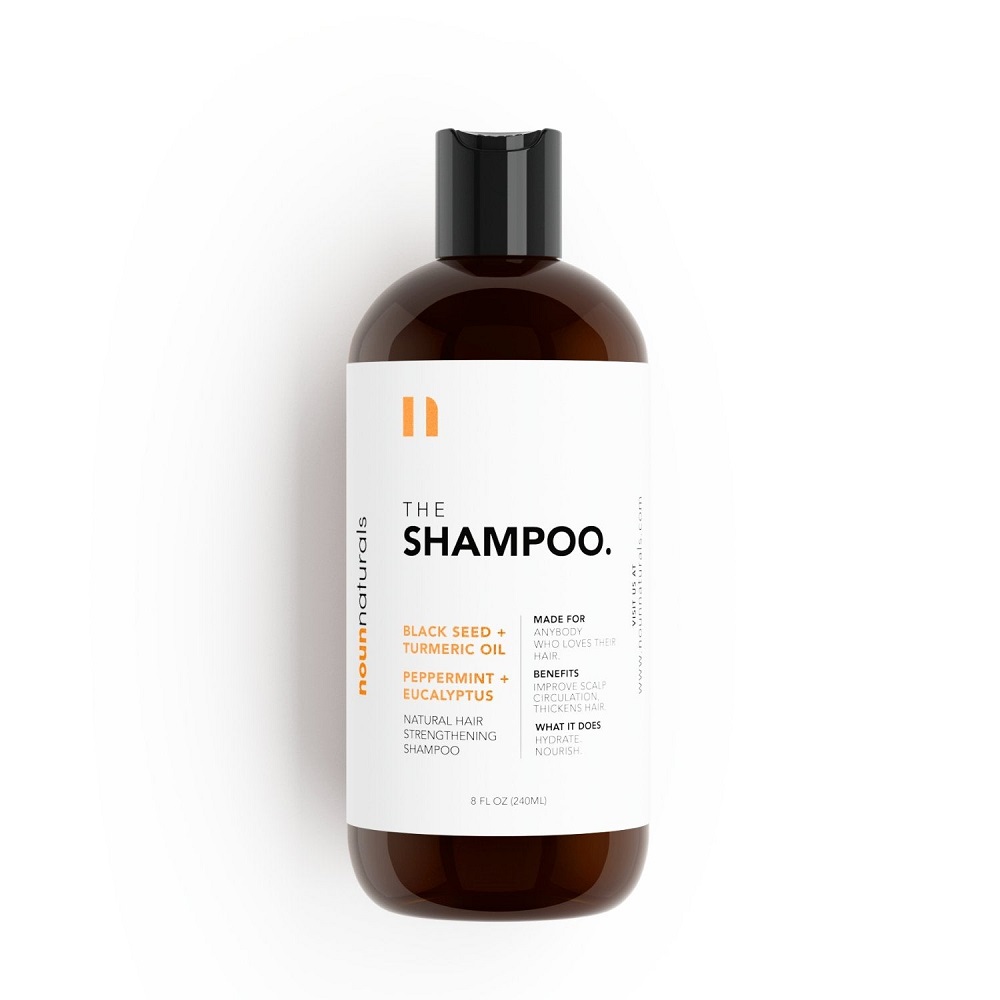
The Impact of Organic Shampoos on Hair Health
1. Long-Term Benefits
Using organic shampoos may lead to healthier hair in the long run. By avoiding harmful chemicals and opting for nourishing ingredients, consumers can expect improved hair structure and overall health.
- Reduced Breakage: Gentle ingredients in organic shampoos are less likely to strip the hair of its natural oils, reducing breakage and enhancing resilience.
2. Scalp Health
Scalp health is vital for overall hair health, and many organic shampoos focus on providing nourishment to the scalp, promoting hair growth and comfort.
- Soothing Irritation: Many plant-based ingredients have anti-inflammatory properties that can soothe irritation, dryness, and itchiness. A healthy scalp sets the stage for vibrant hair growth.
Embracing Organic Shampoo for Sustainable Beauty
A Sound Investment in Hair Care
Embracing organic shampoos is a step toward healthier hair care routines that benefit both individuals and the planet. By choosing products free from harmful chemicals, consumers invest in their overall well-being and foster a sustainable lifestyle.
Committing to Natural Choices
As you navigate through the world of organic hair care, take the time to explore different products and identify what works best for your hair type. Investing in sustainable beauty means making choices that align with your values and prioritizing both your health and the health of the environment.
Encouraging Responsible Consumption
Choosing organic shampoos is just one aspect of promoting sustainable beauty. Supporting brands that prioritize ethical sourcing, eco-friendly practices, and ingredient transparency creates a more significant impact within the beauty industry. By embracing these choices, consumers can contribute to a better future for both the hair care market and the planet.
Your Journey Begins Now
As you embark on this journey towards natural hair care, discover the joy of finding products that work for you. Experiment with different brands, explore the benefits of various ingredients, and take pride in your choices. With them, you can develop a hair care routine that promotes beautiful, healthy hair while advocating for sustainability and environmental responsibility. Happy hair care!
